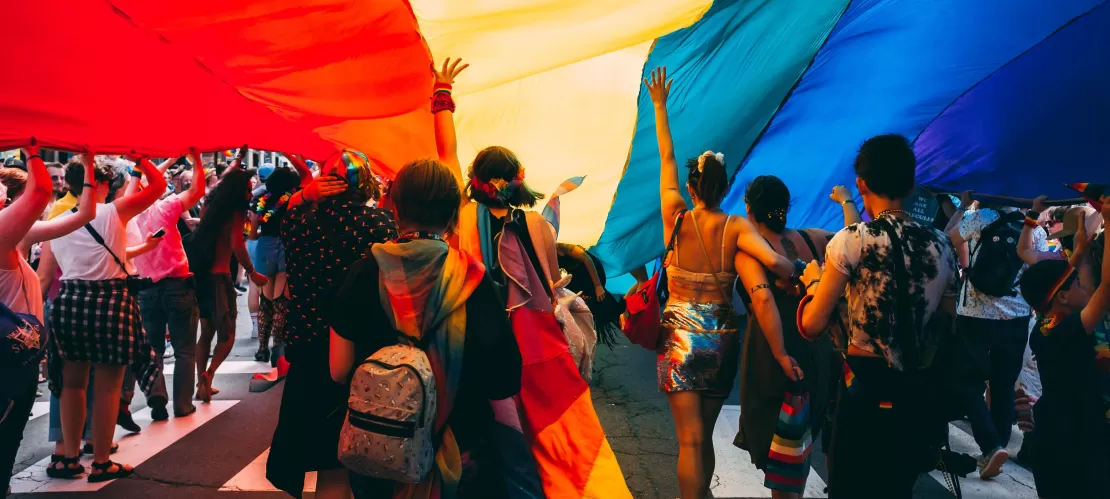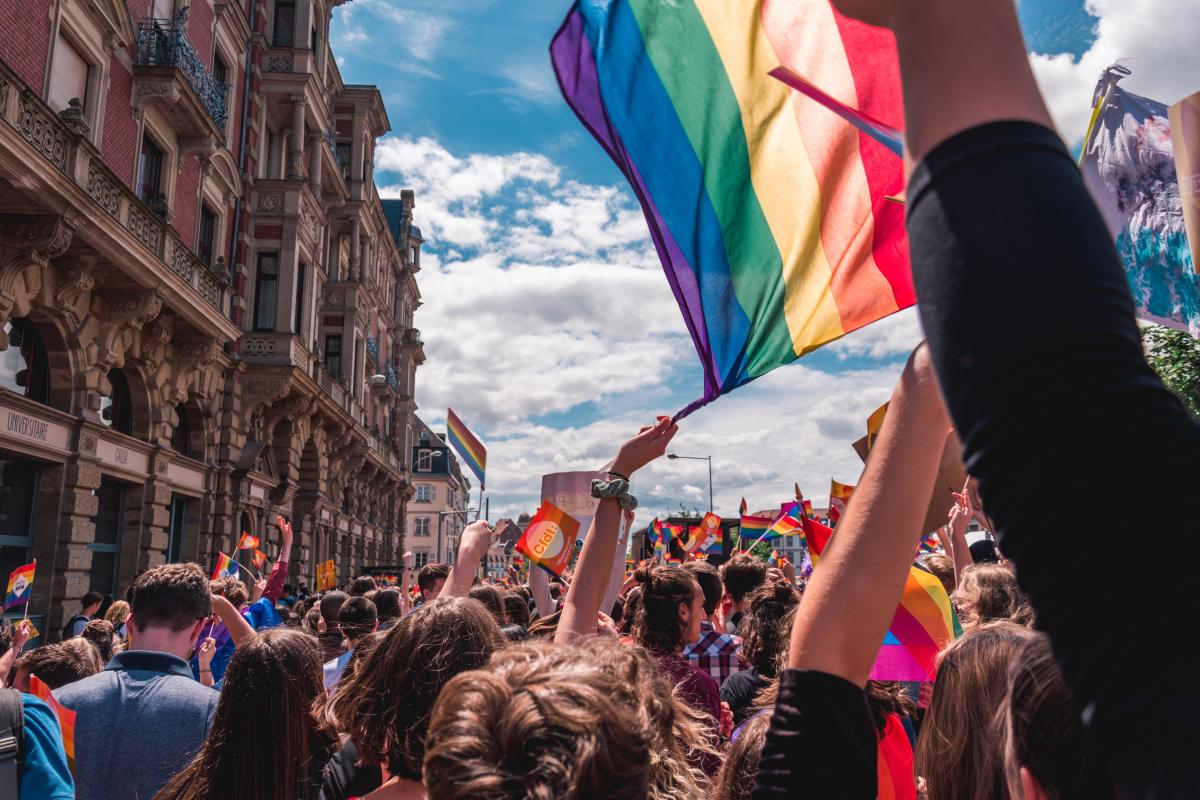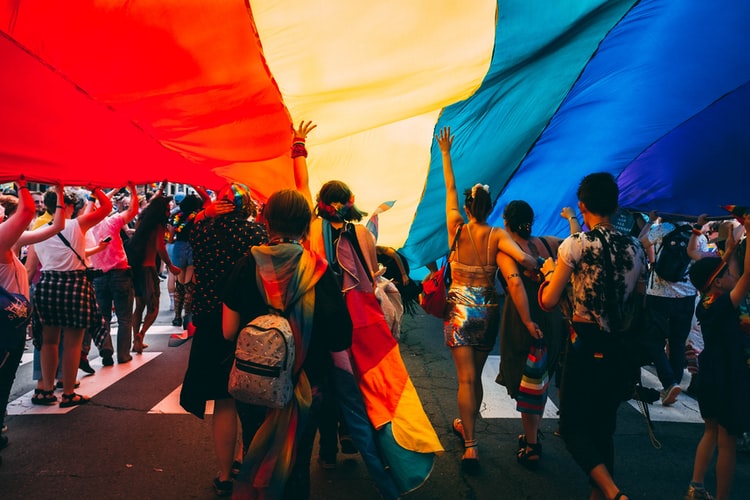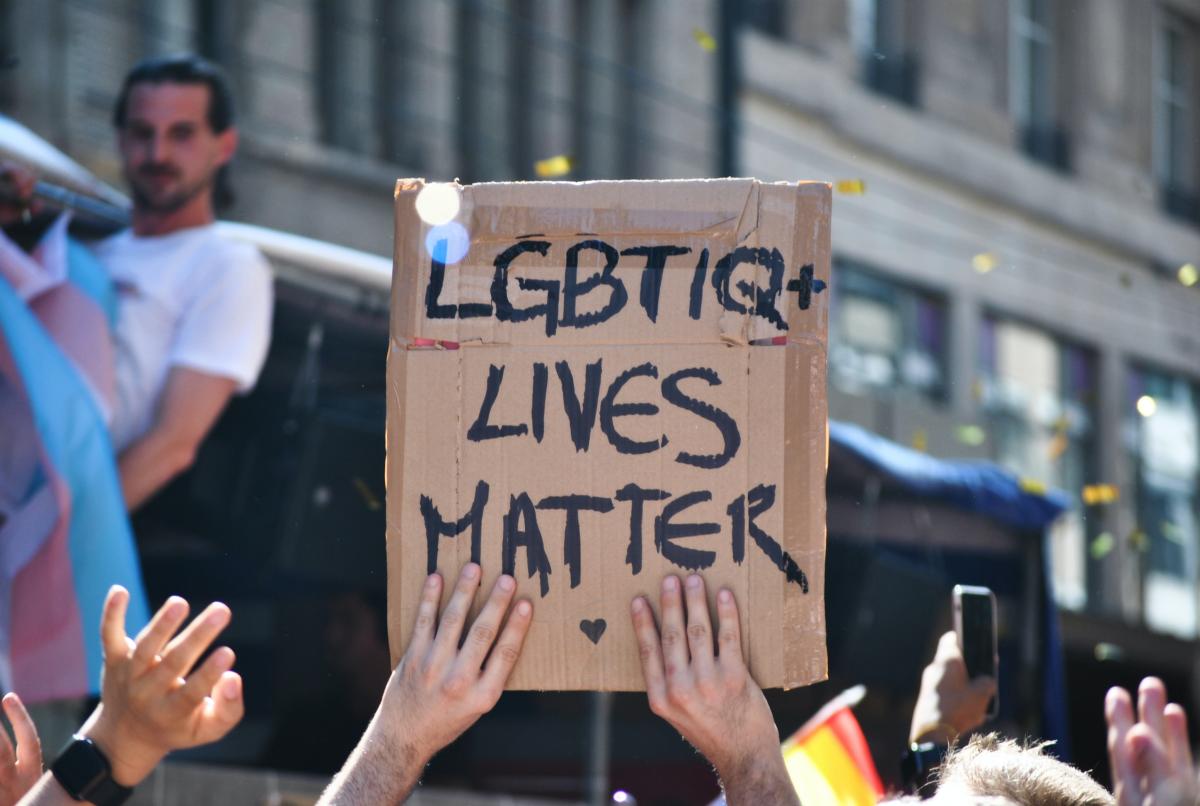
Struggling with your identity when you’re on Erasmus is something completely normal. But struggling with your gender and/or sexual identity can be even more difficult. You have to ‘come out’ again and that can be very hard, especially if you want to rediscover yourself. On Erasmus, you can be whoever you want to be: from a cool hipster to a nerd hitting the books, it’s your opportunity to find the real you. But what if the real you is gay? Or transgender? Or asexual?
Everyone’s experience of sexuality and gender is different. For most of us, it takes a lot of time to figure out who we are. Coming out is always very difficult, but what if you figure out that you’re part of the LGBTQ+ community on Erasmus? Karlijn from the Netherlands did just that when she was in Oslo, Norway:

But sometimes the country that you go to is either not as accepting as you wish or as your home country is. How do you deal with the discrimination?

But it’s not always bad. Sometimes you find yourself in a country that accepts you and your identity. Nico from Italy shared his experience while in Strasbourg, France:

Whether you choose to talk about your sexuality and/or gender orientation when you go abroad or you prefer to keep it lowkey and see how things go, one thing I’m completely sure of is:
love is love is love. It doesn’t matter who you love, as long as you’re happy.
For resources regarding the LGBTQ+ community in Europe, visit the Rainbow Map from ILGA Europe, a website that ranks all 49 European countries according to LGBTQ+ equality. For extra resources regarding the community in general, visit the ILGA-Europe website.
